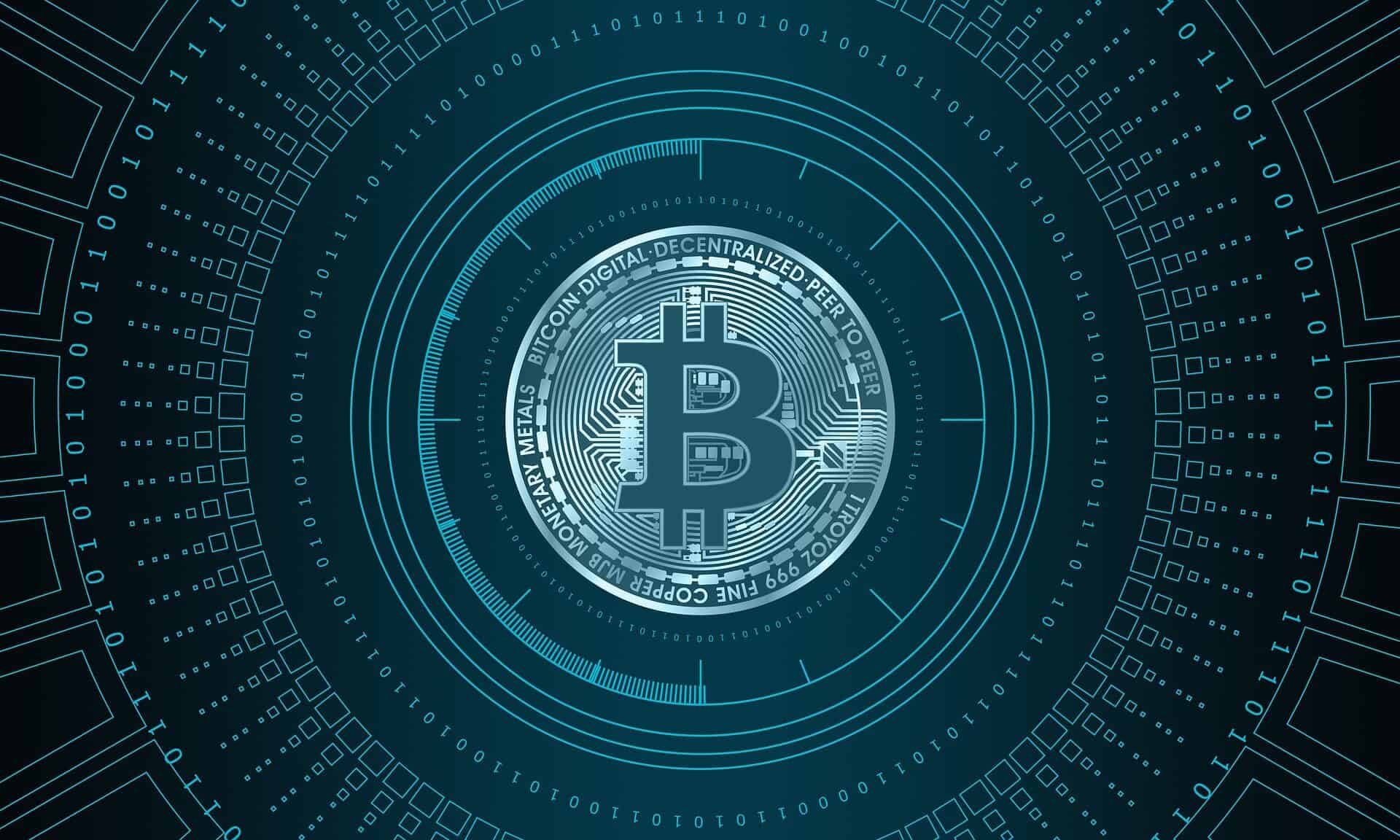Join Our Telegram channel to stay up to date on breaking news coverage
The central bank of Philippines, Bangko Sentral ng Pilipinas, recently warned users against cryptocurrencies. BSP governor Benjamin Diokno said that the bank would continue to address the risks associated with the use of cryptocurrencies.
Not convinced about cryptos
Dionko said that he is not fully convinced about digital currencies and their use in the country. He is concerned that this could lead to terrorism financing. Cryptocurrencies are based on cryptographic blockchains that work as distributed and immutable ledgers. The encryption technology ensures that only the sender and recipient of the information get to read and process it.
Bitcoin was the first cryptocurrency in the world that has become the largest digital asset in the world in the past 10 years. Since the advent of Bitcoin, over 2000 digital assets have been introduced to the world. Many of them were brought about by ICOs which couldn’t take off in the desired way.
BSP deputy governor Diwa Guinigundo said that Bitcoin has several limitations if used as a substitute for fiat money, especially in terms of the medium of exchange, a unit of account and store of value. The deputy governor said that the uses of Bitcoin are limited at the point, and its value is very volatile while speaking at the launch of a book focused on Bitcoins.
Is the bank against blockchains too?
The Philippines central bank doesn’t have a hawkish view on blockchain technology, like most of its peers. Guinigundo said that blockchain and other general forms of distributed ledgers could be very useful for payments and settlements in peer-to-peer transactions. It could also bypass the banking system. He noted that game theory suggests that there cannot be a total disregard for a centralized banking authority or a third party that works as a last resort.
He said that the BSP is approaching new technology in a way that helps in encouraging new innovation and brings consumer protection too. They are achieving their goals via regulatory sandboxes.
Data from the Technology Risk and Innovation Supervision Department of BSP shows that the value of transactions in virtual currencies doubled from $189.18 million in 2017 to $390.37 million in 2018. Peso and other currencies worth $208.27 million were converted to digital currencies.
On the other hand, digital currencies worth $173.33 million were converted to the peso and other fiat currencies. As virtual currencies are being increasingly used for payments and remittances in the country, the central bank has established a regulatory framework for cryptocurrency exchanges. They have approved 10 exchanges till date.
Join Our Telegram channel to stay up to date on breaking news coverage



